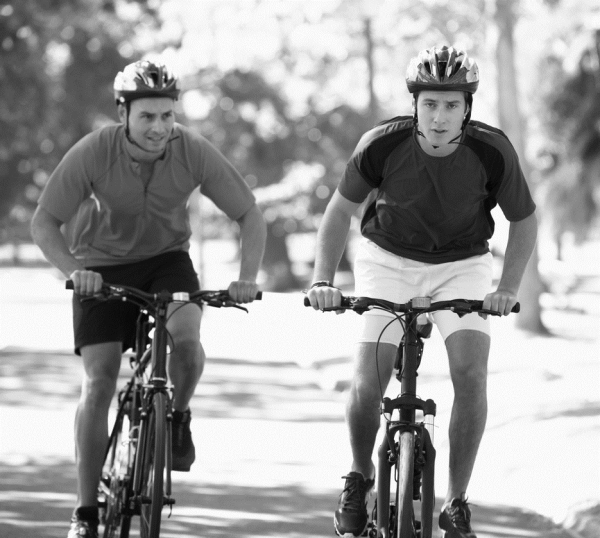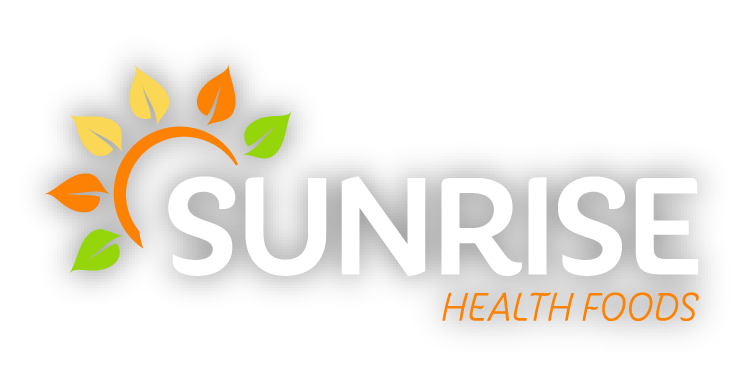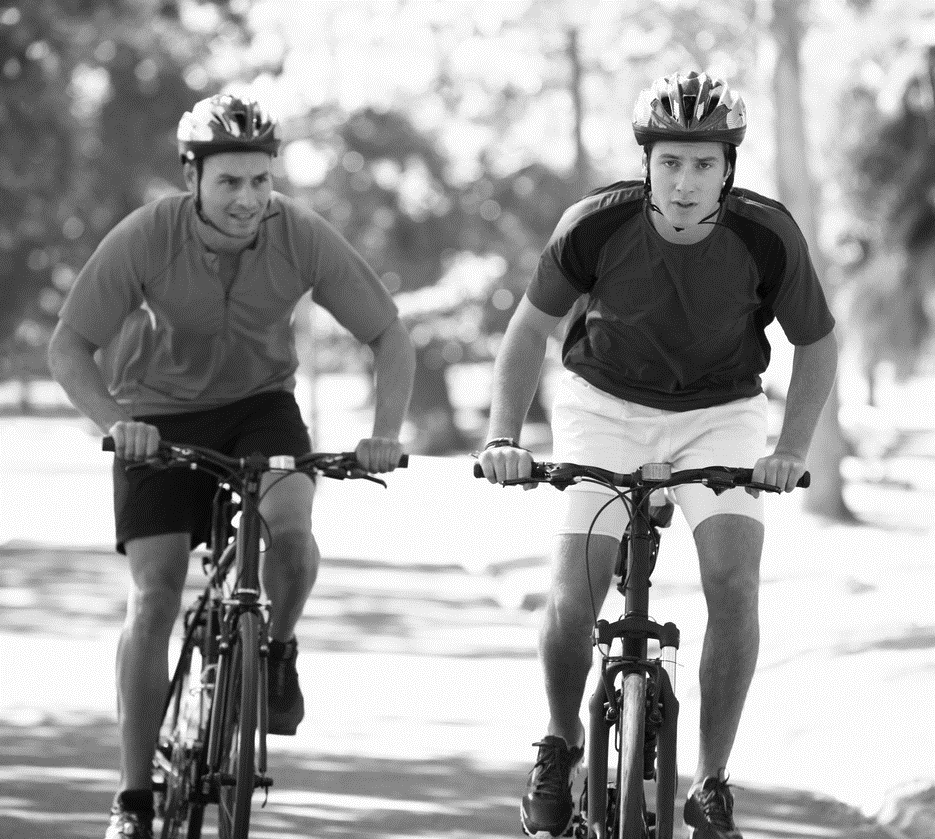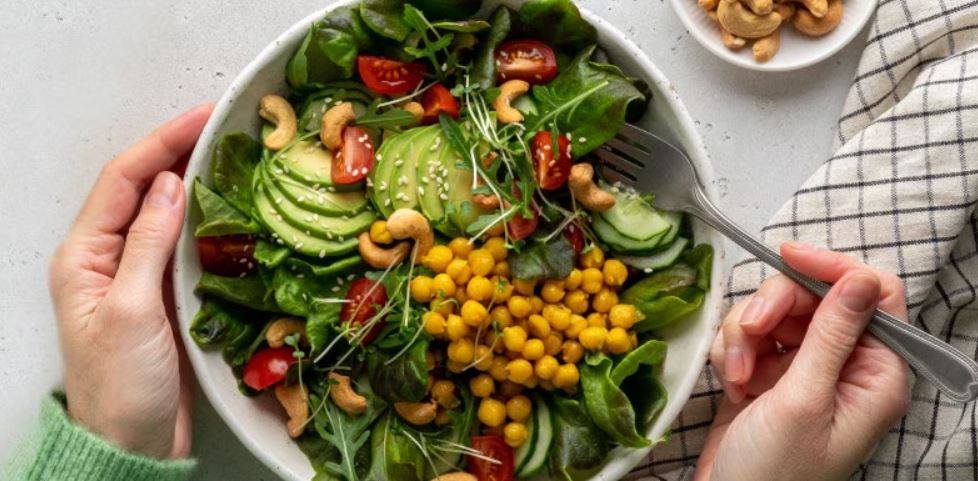 Blackcurrant and beetroot boost exercise results
Blackcurrant and beetroot boost exercise results
Blackcurrant burns fat during exercise
A new pilot study demonstrates the benefits of using blackcurrant extract, over time, to burn fat while exercising. In the trial, 16 healthy, physically active men, average age 24, average body-mass index score 24.7, participated in a seven-day test followed by a 14-day test, taking no supplements, or 600 mg of blackcurrant extract containing 210 mg of anthocyanins, per day, during each test period.
The men took half the blackcurrant dose at breakfast, and the other half
two hours before a mild 30-minute treadmill walking test each morning at a controlled heart rate of 102 beats per minute.
In the seven-day phase, the blackcurrant group saw increased fat oxidation of 11 percent during the walking test. In the 14-day phase, fat oxidation increased to 17 percent during the exercise. Doctors said blackcurrant fat-burning effects increase over time.
Beetroot juice improved endurance
Increasing oxygen efficiency during exercise delays fatigue. In this study, 12 healthy men performed three sets of back squats and bench presses, at 60, 70 and 80 percent of their repetition maximum. On average compared to placebo, the men that took beetroot juice supplements two hours before the exercise completed 13.4 more back squats.
Doctors said beetroot contains nitrate, which converts to nitric oxide in the body, a compound that helps regulate blood flow and pressure, relaxing and dilating blood vessels. Nitric oxide also improves the efficiency of muscle, enabling them to use less oxygen. Beetroot increased blood flow to the muscles, and removed more lactate (lactic acid), reducing fatigue.
We’re dedicated to discovering the benefits of good nutrition and healthy lifestyle, and hope this issue of Natural Insights for Well Being® informs and inspires you to take an active role in
your health. Please ask us to assist you with any natural products you would like to know more about.
These articles provide nutritional information only and do not replace professional medical advice.
Natural Insights for Well Being October 2020 Reference: Journal of Dietary Supplements; June, 2020, 1783421, Published Online



